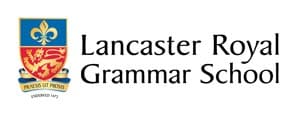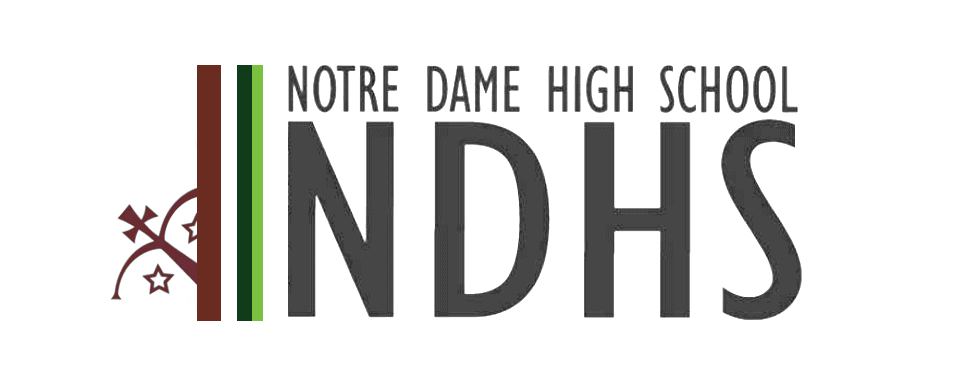
At its core, learning theories are how students absorb, process and retain knowledge during the learning process. By understanding the different learning theories, we can better understand the way that we teach – and thus improve the way that we teach. While there are 3 main learning theories (behaviourism, cognitivism and constructivism), there are endless amounts of theories that can enhance your teaching style, and bring new possibilities into your classroom. Let’s go through some of the most interesting learning theories that are out there:
What is Experiential Learning?
Experiential learning is based on knowledge that is gained through personal and environmental experiences. Opportunities like school trips or outdoor learning activities provide experiences for young people that are invaluable. The pupil will be able to reflect on the event, and make decisions and solve problems based on their experiences in the future.
When it is safe to do so, you’re able to manage all areas of the school trip process using WisePay’s school trip services.
What is Critical Pedagogy?
This learning theory encourages students to question and challenge the norm by developing consciousness to the world and authorities around them. The student must hear multiple voices, one person cannot carry out critical pedagogy on their own.
How to Use Scaffolding in Classrooms?
Scaffolding is a somewhat well-known learning theory, and for good reason. This particular learning theory is when a teacher demonstrates an idea and takes a step back. The teacher is there to provide support to the student when it is needed. Once a student is supported while learning something new, they are more likely to use that knowledge independently.
What is Inquiry-Based Learning?
This is a form of active learning that gives students the opportunity to investigate a problem. Here, they are able to ask questions, make observations and begin to form solutions to the problem. This encourages the student to think in a creative way and use their intuition.
What are the basics of Genetic Epistemology?
Genetic Epistemology was studied by Jean Piaget and focuses on a child’s learning development from birth and how they come to develop knowledge, and eventually use it. In his studies, Piaget discovered how children understand the world around them and how they discover new ideas. You can learn more about Piaget’s studies here.
If we’re really honest, great teaching is a bizarre mix of lots of different learning theories in one. You probably already do a lot of these, and that’s amazing!





